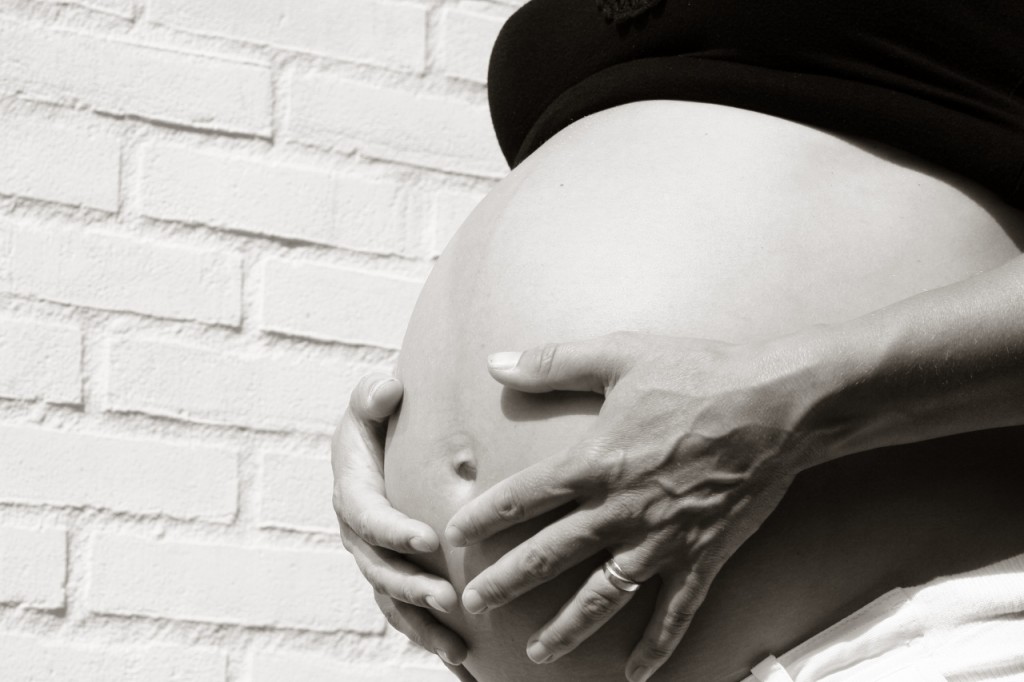 As the college graduation season draws close, many students are getting excited to receive their degrees and move on with their lives. Other students, however, are absolutely terrified of what lies ahead. In fact, these fears are not completely unfounded due to the poor job market and the incredible amount of alternative opportunities outside of the work force to choose from. While most people are mildly nervous about what the future holds, many graduates experience a phenomenon known as post-commencement stress disorder. Stress is normal at graduation, but too much stress can have detrimental effects on health, happiness, and relations.
As the college graduation season draws close, many students are getting excited to receive their degrees and move on with their lives. Other students, however, are absolutely terrified of what lies ahead. In fact, these fears are not completely unfounded due to the poor job market and the incredible amount of alternative opportunities outside of the work force to choose from. While most people are mildly nervous about what the future holds, many graduates experience a phenomenon known as post-commencement stress disorder. Stress is normal at graduation, but too much stress can have detrimental effects on health, happiness, and relations.
Post-Commencement Stress Disorder (PCSD) is a newer condition that emerged out of the desperate task of choosing a career path or non traditional program beyond the college bubble of safety and opportunity. Anxiety and stress are the body’s natural reaction to the fear of the great unknown after May or June’s commencement ceremony. Pursuing and completing a degree is a commendable task, but in a world where it seems everyone is achieving that same goal, it is difficult to find ways to stand out and to find unique opportunities afterwards. Graduates today experience significant unemployment or often opt for loosely organized teaching programs at home or abroad. This is an actual disorder that affects millions each year.
An obvious symptom of PCSD is a feeling that you are not in full control of your life. You may have taken the time to apply to graduate schools, having gotten a loan from somewhere like Sofi (https://www.sofi.com/private-student-loans/graduate-loans/) to help fund this further study, or you might be applying for jobs – either way, your destiny is totally in the hands of other people. This ties in with the feeling of a lack of support after commencement. At most universities, students develop a “family†network of friends, professors, and coworkers that creates a sort of undergraduate safe haven. Commencement often disbands these safety nets. In a market of such high unemployment, many graduates are unable to find a job and often feel failure toward their situation. All of these senses of fear and failure can lead to physical problems in the body including lack of sleep, irritability, and headaches. Symptoms often culminate with the graduate removing themselves from everyday activities that they once enjoyed and removing themselves from personal relationships.
In order to prevent or lessen some of these effects, there are steps students can take before the actual commencement ceremony in order to make the post graduate lfie seem less scary and depressing. Always be sure to sketch a plan for the future. Start with whatever distance makes you more comfortable. Some students like to go three months at a time, while others opt for five to ten year plans. Always makes sure that you have a high goal, an “achievable†goal, and a back-up plan. This also requires the graduate to prioritize what they would like to do in the near future. Finally, look at the future straight on. Unfortunately for some, the commencement and the post graduate life will come no matter if you are prepared or non functioning. Be sure to recognize the symptoms of PCSD and address them immediately.











